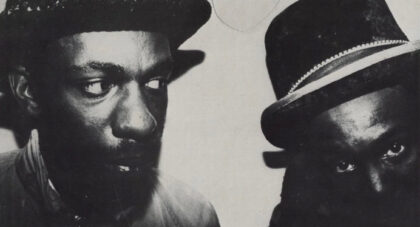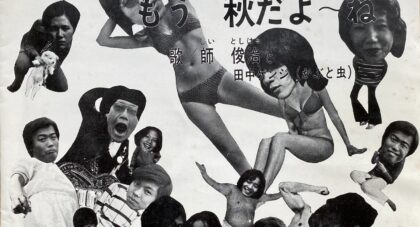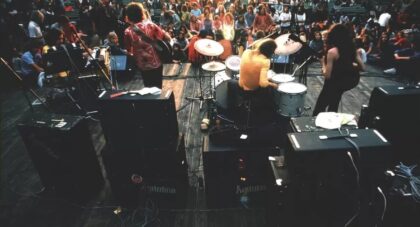The movement of musicians into or out of a jazz ensemble isn’t the kind of news that draws much attention. They are so often juggling different projects and schedules that it doesn’t raise any eyebrows when there’s a fill-in for a gig or another player sits in for a recording session. But the announcement that pianist Ethan Iverson was stepping down as a member of the Bad Plus, the trio he co-founded in 2000, to be replaced by Orrin Evans, sent a small ripple of shock through the jazz world.
The music of the Bad Plus–an angular, fractured sound, incorporating the influences of modern classical, experimental electronic fare, and rock–was entirely dependent on the chemistry of Iverson and his longtime bandmates drummer Dave King and bassist Reid Anderson. Even when they welcomed other players into the fold for a spell, as they did with tenor saxophonist Joshua Redman (for the 2015 album The Bad Plus Joshua Redman) and vocalist Wendy Lewis (on 2008’s For All I Care), the trio remained the nucleus around which these charged particles swirled.
But as Iverson transitions into a new chapter of his musical life (he announced at the PDX Jazz Festival that he had just finished and submitted his first piano concerto), Anderson and King decided to not let their artistic connection fizzle out. Instead, they reached out to a friend and fellow musical wanderer Evans to complete their circle.
It’s a fitting pick, too. While Evans’ recordings as a bandleader are much more direct, bluesy, and often swinging than the Bad Plus’s work, his playing is so versatile and deeply considered that it can adjust to meet the challenges of King’s mathematical compositions and get into the swim Anderson’s more fluid songwriting.
That’s what’s apparent when listening to Never Stop II, the first album these three men have made together. The title is a nod both to the fact that it is the second Bad Plus album to feature only original work and to this new phase of the group’s trajectory. As this collection proves, the transition was clearly a smooth one, with Evans even adapting a pair of his own compositions–“Boffadem” and “Commitment,” both originally recorded for the 2000 project Seed–to blend in with the trio’s minimalist aesthetic.
Aquarium Drunkard reached Evans on the phone in his native Philadelphia to talk about joining the Bad Plus, and finding his place within this beloved musical institution.
Aquarium Drunkard: How did this come about, you joining The Bad Plus? Was this Reid and Dave coming to you directly?
Orrin Evans: Well, yeah. That’s the only way it’s gonna happen. Reid and I go way back. He was one of the people that exposed me to a lot of music. There’s only two years between us, maybe three, but somewhat of a big brother. I was finishing up high school and he was attending Curtis Institute. I needed a bass player for my sister’s graduation party back in 1991. The bass player I had originally called couldn’t make it. There’s an organization in Philadelphia called the Clef Club of Performing Arts, which came out of the Black Musicians Union. A gentleman by the name of Lovett Hines called me and said, “There’s a bass player who just got in town. You need to give him a call. His name is Reid Anderson.” And the rest is history as they say.
Only the good shit. Aquarium Drunkard is powered by its patrons. Keep the servers humming and help us continue doing it by pledging your support.
To continue reading, become a member or log in.


